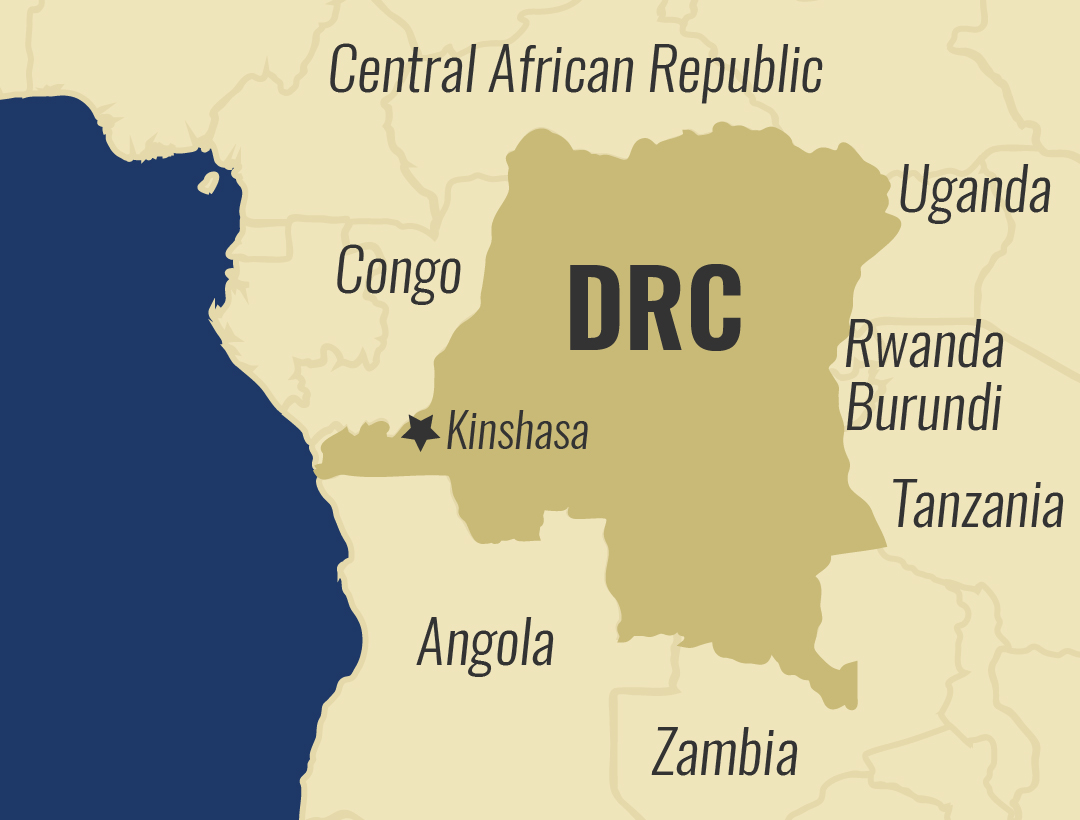Faces of Africa – Ellen SirLeaf, Mother of Liberia
Liberia was the first country in Africa to declare liberty from colonialism and for 166 years the country has only experienced true freedom in the last eight years since Ellen Johnson Sirleaf was elected as the president.
Ma Ellen as she is fondly referred to in the tiny Western African nation was born in 1938 in the capital Monrovia.
“She was a very active girl,”recalls Carney Johnson, Ellen’s brother,”She used to play football with us boys, climb trees.”
The economist’s outspokenness set her apart.
“As I progressed in academia I became very vocal. I think that propelled me to where I am,” says Ellen, Liberian president.

Her father came from an indigenous heritage while her mother was raised by the ancestors of the former slaves who arrived in Liberia in about 200 years ago from America.
Having had grown up in a society with discord between the indigenous people of Liberia and the America Liberians, Ellen spoke out for equality and became popular among the grass root people.

Upon her return home from Harvard University the then Americo Liberian president William Tolbert appointed her as the minister of Finance. A year later Tolbert was assassinated. Ten days later 13 of his cabinet ministers were publicly executed. The indigenous military rebels organized the coup led by Samuel Doe. Ellen was among four ministers who narrowly escaped the execution.
She spoke against Doe’s government and was arrested and given a 10 year prison sentence. She was released after a year following the international demand for her release.
“I think that hardened me to be able to pursue what I want to pursue and not to be diverted by those who try to move me away from my course,” tells Ellen.
Doe threatened her and she fled to the U.S.
Meanwhile back home the guerilla trained fighter Charles Taylor started a war to overthrow Doe. For more than a decade the country was in war.

“Doe was overthrown bloodily, terribly in 1990. The war raged and destroyed the entire country,” recalls Christine Tolbert, daughter of Tolbert.
In 1994 female activists started to emerge in great numbers. The mounting killings made them to start peace campaigns.
“We met with warlords one on one, tried to reason with them to put down the guns and let us try to live in peace,” says Mary Brownell, Liberian Women’s Initiative.
They succeeded. Ellen vied for presidency but Charles defeated her in the elections.
The war continued and again women activists demonstrated and went into hunger and sex strike for ten months. They convinced Taylor and a peace agreement was signed in Ghana.
Taylor went into exile in Nigeria and was later convicted of crimes against humanity by the international Criminal Court.
Ellen vied for presidency and the women activists supported her. She became president in 2005 as the first woman head of state in Africa.

“With the government of Ellen we see democracy. We see freedom of expression, we see the economy booming gradually,” says Siafa Ballah, actor.
Ellen has ensured freedom of speech and accessibility to education. In 2011, Ellen along with Leymah Gbowee and Tawakkul Karmān received the Nobel Peace Prize for Peace for their efforts to further women’s rights.
Her leadership has however received criticism for hiring her sons into high government positions and for not being able to eradicate poverty.
“The economy is moving but not moving fast to absorb all people who don’t have skills, education and our challenge is how to give them the skills through technical and vocational education,” Ellen says.
President Sirleaf has been recognized amid numerous honors such as 14 honorary degrees from American colleges and universities.
The Newsweek in 2010 listed her as one of the ten best leaders in the world; Time placed her among the top ten female leaders; and the Economist called her “the best President the country has ever had.”

Perhaps her greatest success has been keeping her country at peace for nearly a decade.





